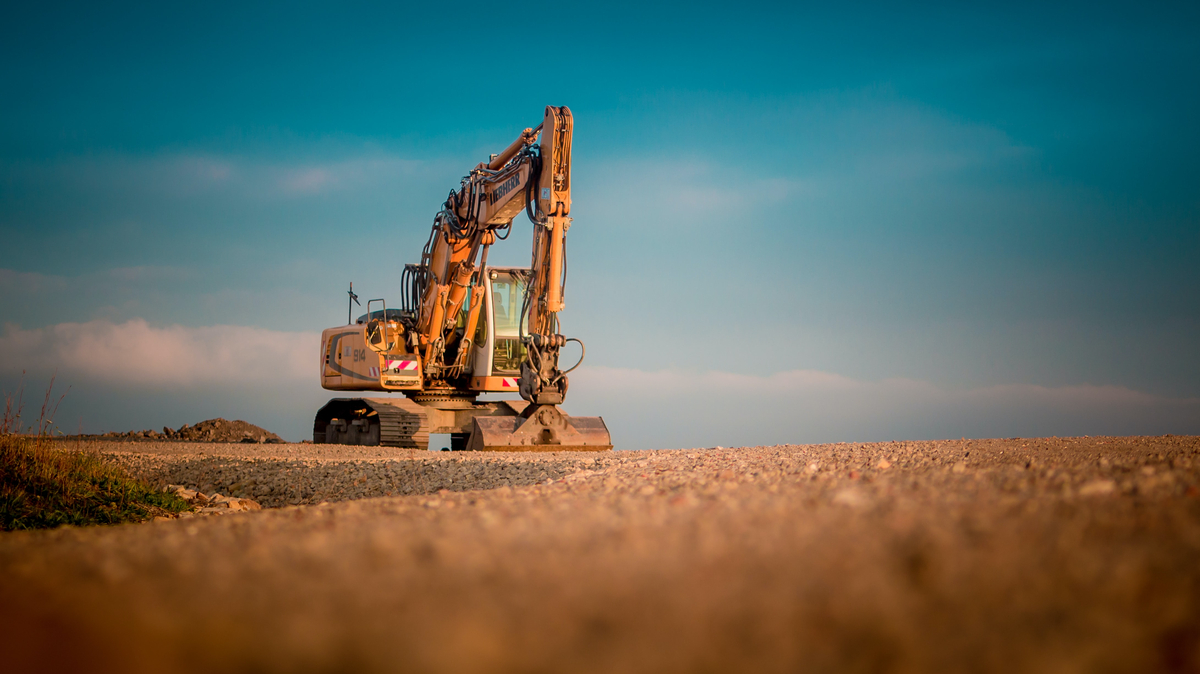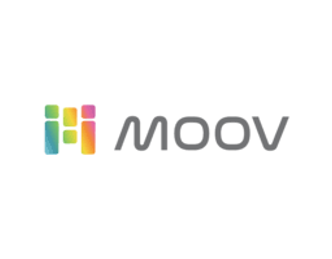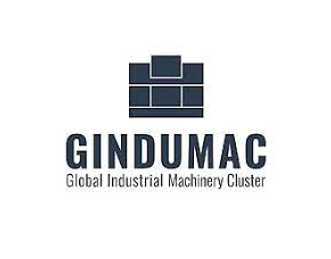123Fab #39
1 topic, 2 key figures, 3 startups to draw inspiration from

Industry 4.0 and the Internet of Things have transformed the way we view industrial machinery. Whether it’s construction equipment, farm equipment, metalworking machinery, woodworking machinery, forklifts, it’s no longer just about mechanical equipment. Most industrial machines are equipped with a large number of sensors, cameras and are connected to the company’s network. From predictive maintenance to avoid breakdowns to defect detection, connected machinery is significantly improving competitiveness and efficiency. It is also helping to address Corporate Social Responsibility (CSR) issues by increasing operator safety and facilitating their work, as well as energy use efficiency. However, there are two points to note: on the one hand, these machines are on average more expensive than conventional equipment, and on the other hand, with the evolution of technologies, they become obsolete at a higher pace.
To avoid paying the high price of these machines, industrials and corporates have found new ways to access these technologies. One of which is retrofitting. The principle of retrofitting is simple but efficient: any industrial corporate with legacy machines can send them to a retrofitting company, which will retrofit sensors and connectivity panels to make them smart. This avoids paying for a whole new machine that workers do not master and grants access to the latest technology. Some startups, like Teleo, retrofit existing construction equipment into teleoperated robots. Last month, the startup was selected by construction equipment manufacturer Deere & Co. to join its Startup Collaborator program. Other startups, like Kontrol energy corp, aim to reduce energy costs and greenhouse gas emissions in industries by retrofitting energy consumption monitors.
In recent years, another way to reduce the cost of purchasing connected industrial machinery has made inroads: second-hand machinery marketplaces. These platforms were traditionally a B2C tool, but the growing need for cost-effective solutions for industrial machines has led to an expansion of these platforms to a B2B model. Some of them are generalists like Vendaxo, which lists machines ranging from food processing to construction and heavy equipment. Others, like Moov or Makinate, target more specialized segments (semiconductor and metal/plastic industries respectively). Each has its own business model, some focusing on platform assistance, and others offering a wide range of services coupled with their platform: financing, preparation, loading, transportation, and installation like Gindumac.
Another tool to enhance the lifespan of industrial machinery is rebuilding. The machine is completely dismounted, then remounted, and end-of-life parts are replaced. This is often a service offered by Original Equipment Manufacturers (OEM) and specialized companies, as workers must have extensive knowledge of each model.
Although the second-hand market is expected to be worth more than $142 billion by 2026 for construction machinery alone, according to Global Market Insights, there are relatively few startups positioned in the second-hand machinery marketplace segment. In fact, fewer than 10 startups are registered on Crunchbase. This is because the logistics of transporting and storing these machines, as well as the financing involved, are difficult for newcomers to tackle, especially when it comes to international transactions and shipments. That is what leads us to believe, for now, why most startups positioned in the marketplace segment are working primarily on facilitating other aspects of these transactions, such as machine quality checks, escrow payment, or counseling.
One of the big obstacles standing in the way of these platforms is transportation: connecting buyers and sellers from all over the world is one thing, but transporting multi-ton machines from one to the other is another. One thing is sure, there is room for innovative solutions for the disposal of used machinery, whether it’s retrofitting, marketplaces or recycling (like French trains from SNCF). The trend seems to be toward more eco-responsible and reusable machinery.
2 Key Figures
<10 used/second-hand industrial machinery marketplace startups
registered by Crunchbase
Market size expected to reach $142Bn by 2026
The size of the used construction equipment market alone is expected to reach $142Bn by 2026.
3 startups to draw inspiration from
This week, we identified three startups that we can draw inspiration from: Equippo, Moov, and Gindumac.

Equippo
Equippo is a startup founded in 2014 in Switzerland operating an online marketplace intended to simplify buying and selling of used construction equipment. The platform performs machine inspection, manages the payment, shipping, trucking, and clearance of heavy equipment for buyers from all over the world, including markets like South America, Russia, and Poland.

Moov
Moov is a San Francisco based startup providing online marketplace designed to sell used manufacturing equipment.The platform matches buyers and sellers of pre-owned semiconductor manufacturing equipment and automates documentation, information sharing and the transaction process.

Gindumac
Gindumac is a German startup operating an online platform for used machinery trading intended for sellers and buyers of industrial machinery. The company buys and sells used machines including machine tools, sheet metal, plastics processing, automation and injection molding machines from various international manufacturers in the metal, sheet metal and plastics processing industries.
